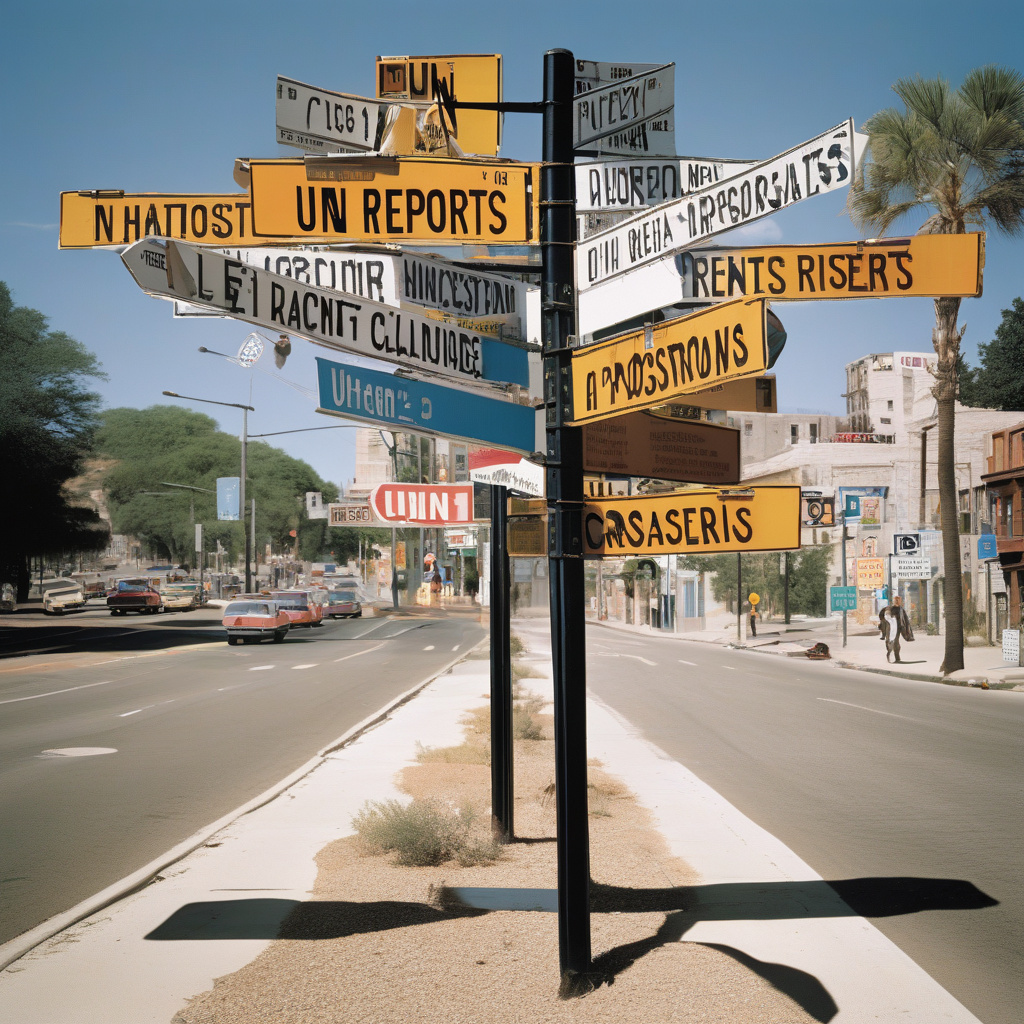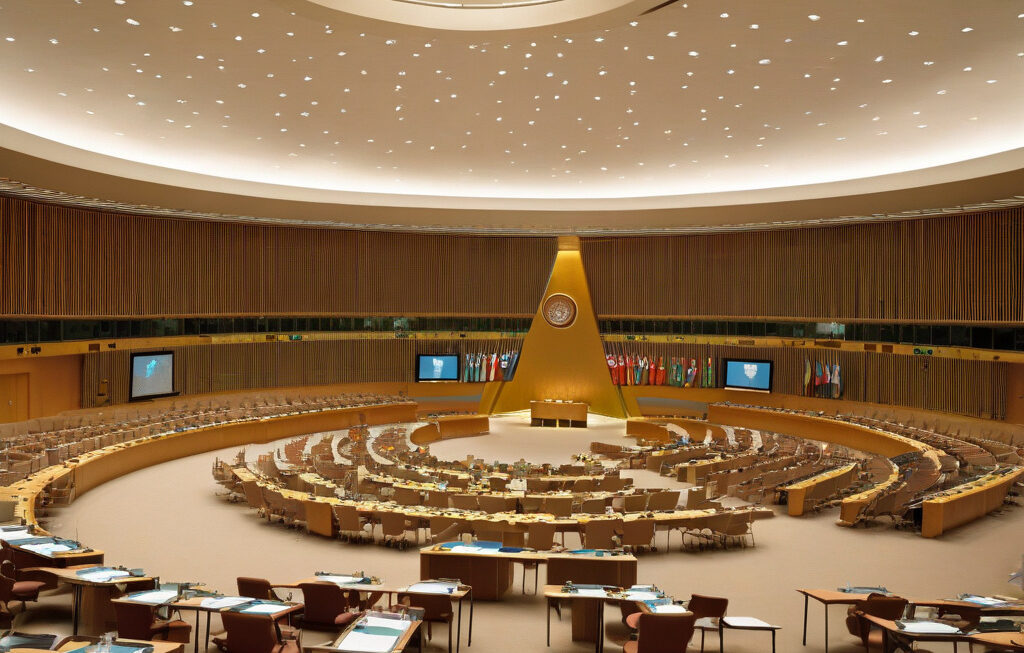UN Reports at a Crossroads
Global diplomacy stands at a crossroads where the value of countless UN reports is weighed against the urgent need for decisive action and negotiation. The United Nations, a beacon of hope for international cooperation and peace, has long been known for its comprehensive reports on a wide range of global issues. From climate change to human rights, these reports serve as vital sources of information, providing policymakers with the data and analysis needed to make informed decisions. However, in recent years, there has been a growing concern that the sheer volume of reports produced by the UN may be overwhelming policymakers and hindering the swift implementation of much-needed solutions.
One of the key challenges facing the UN report system is the disconnect between knowledge and action. While the reports offer valuable insights into pressing global challenges, there is often a gap between the findings presented in these reports and the actions taken by member states. This gap can be attributed to a variety of factors, including political considerations, competing interests, and a lack of political will. As a result, many important recommendations put forth in UN reports remain unimplemented, leading to a sense of frustration among those working towards positive change.
Moreover, the sheer volume of UN reports can be overwhelming for policymakers, making it difficult for them to prioritize which issues to address first. With reports being published on a wide range of topics at regular intervals, policymakers may struggle to keep up with the latest findings and recommendations. This can lead to delays in decision-making and a lack of focus on the most pressing global challenges.
In light of these challenges, there is a growing consensus that the UN report system is in need of reform. One proposed solution is to streamline the reporting process, focusing on quality rather than quantity. By producing fewer, more focused reports, the UN can ensure that its findings have a greater impact and are more likely to be acted upon by member states. Additionally, efforts should be made to enhance the accessibility of UN reports, making them more user-friendly and easier to understand for policymakers and the general public alike.
Another important aspect of reforming the UN report system is to strengthen the link between knowledge and action. This can be achieved by involving policymakers and other stakeholders in the report-writing process from the outset, ensuring that the reports are tailored to meet the needs of those who will be responsible for implementing their recommendations. By fostering greater collaboration between researchers and policymakers, the UN can increase the likelihood that its reports will lead to meaningful change on the ground.
Ultimately, the value of UN reports lies not only in the information they provide but also in the potential for these reports to drive positive change on a global scale. By reassessing the way in which reports are produced and disseminated, the UN can ensure that its findings are not only heard but acted upon. In doing so, the organization can reaffirm its commitment to promoting international cooperation and peace in an increasingly complex world.
In conclusion, while the UN report system faces challenges in today’s rapidly changing world, it also presents an opportunity for reform and renewal. By focusing on quality over quantity, strengthening the link between knowledge and action, and enhancing the accessibility of its reports, the UN can continue to be a leading source of information and inspiration for those working towards a better future for all.
United Nations, diplomacy, global challenges, policymaking, reform.










